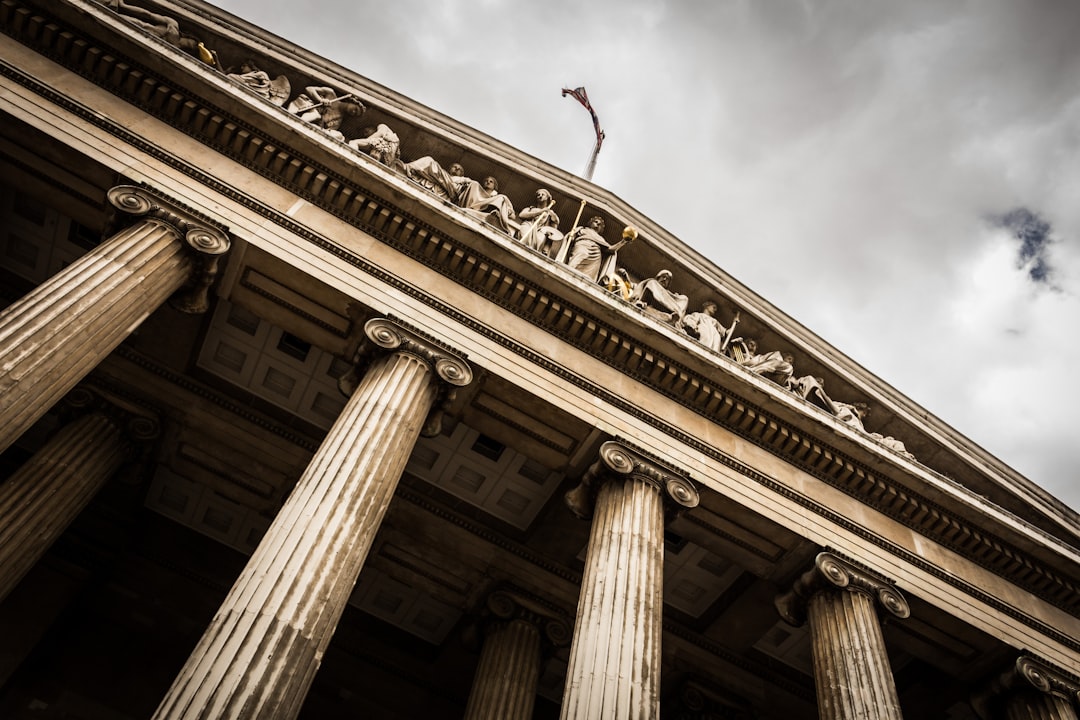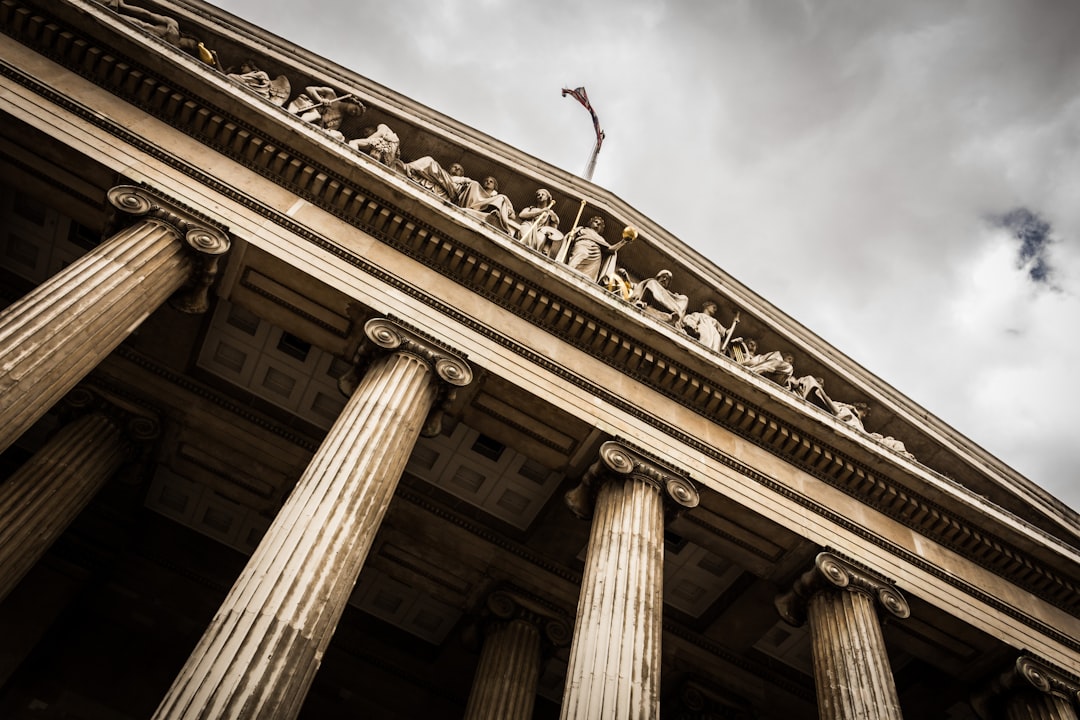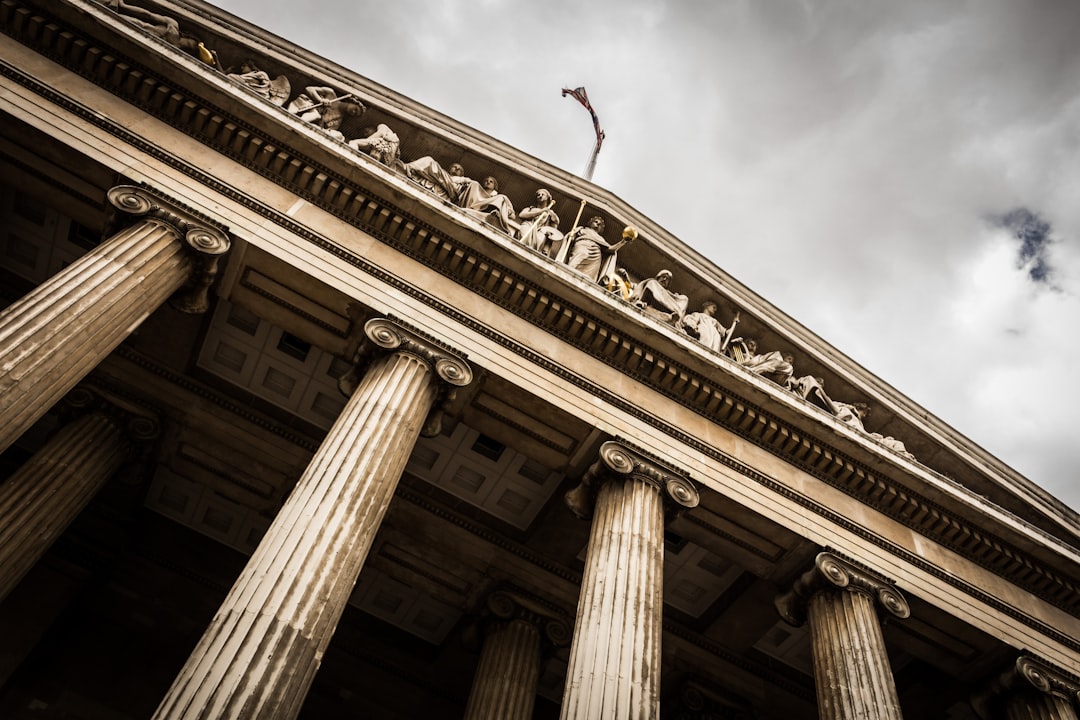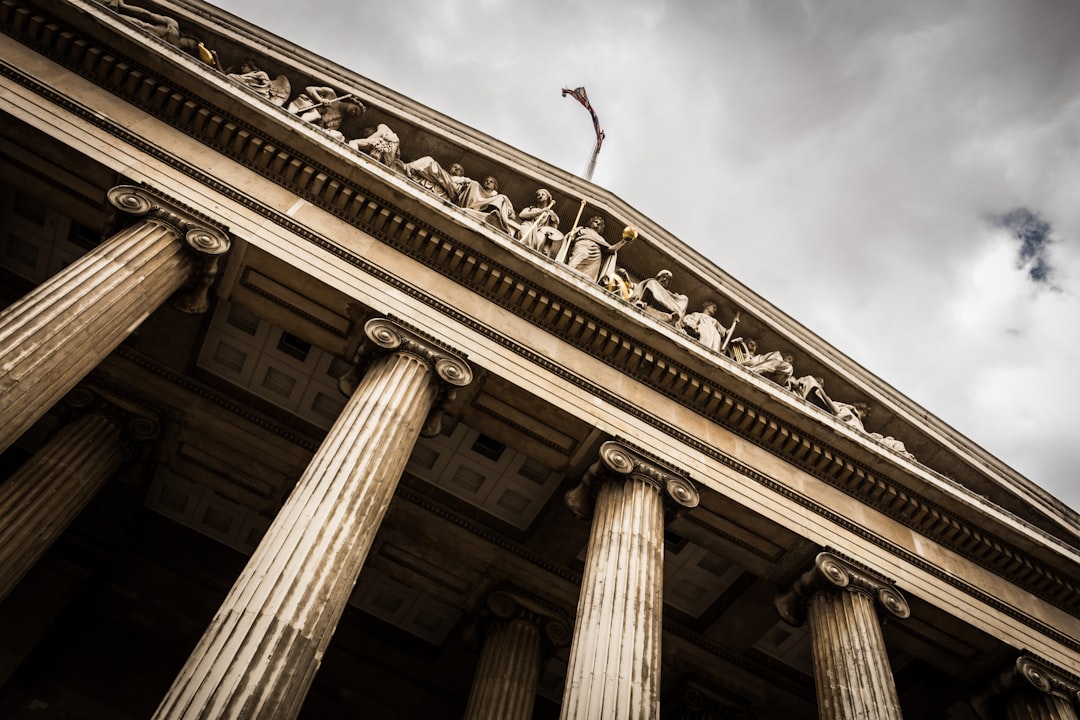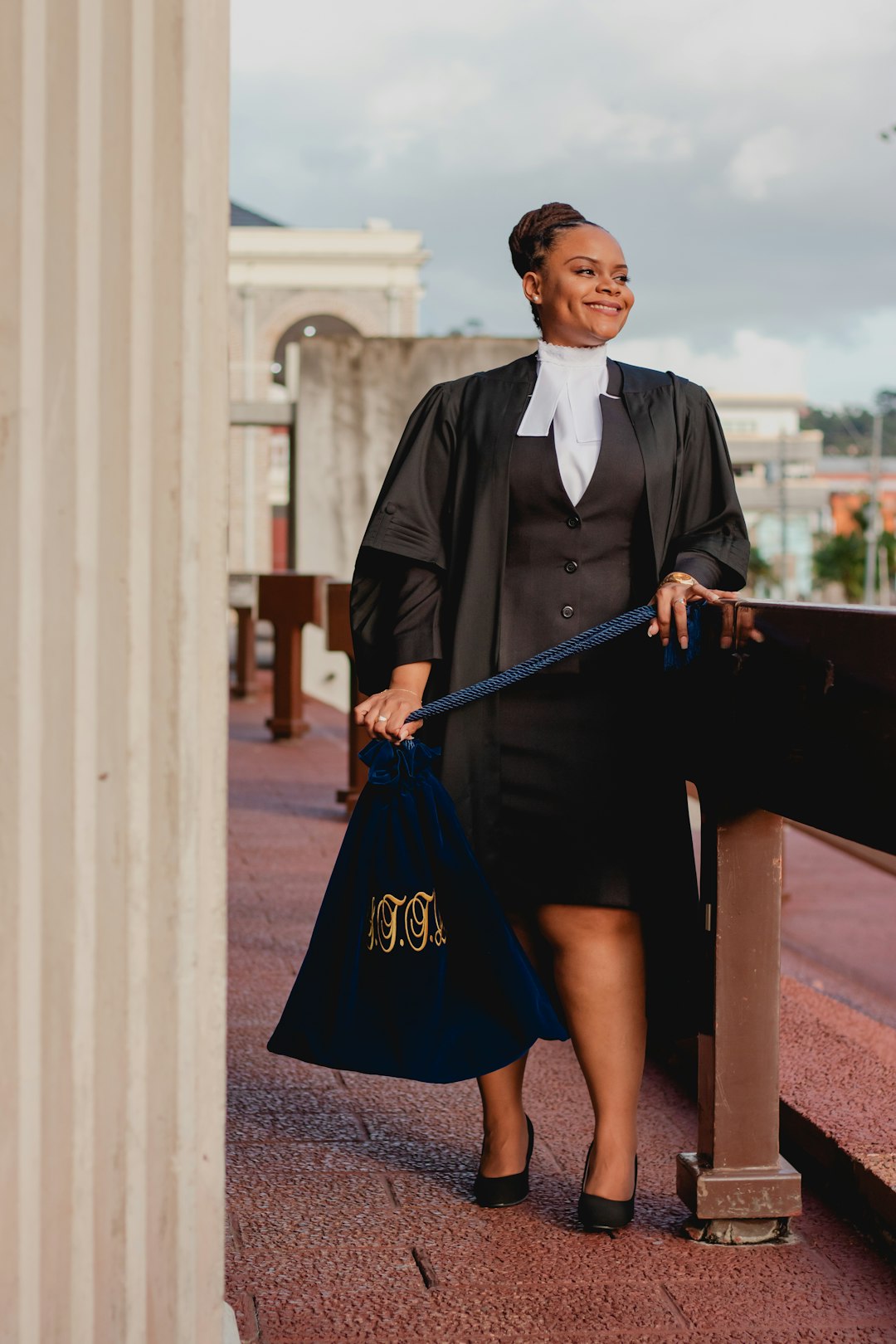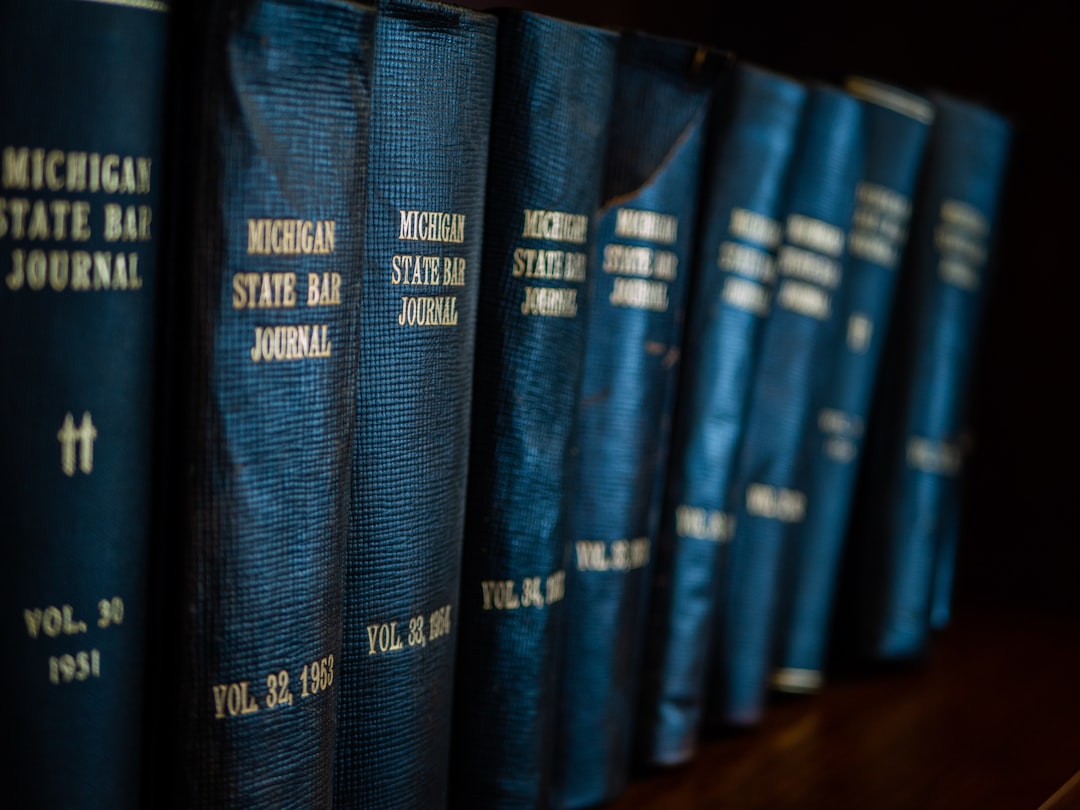Understanding New York's rape laws is crucial. A rape lawyer guides victims and accused through procedures, ensuring rights are protected. Medical evidence, including physical exams and forensic testing, is vital for victims. Cross-examination challenges witness credibility. Skilled lawyers expertly challenge DNA evidence to protect victims' rights in NYC rape cases. Engage a qualified rape lawyer in New York for robust legal strategies.
In New York City, challenging evidence in rape cases requires a nuanced understanding of local laws and legal strategies. This guide equips rape lawyers with essential tools to navigate complex legal terrain. We explore key aspects, including an overview of New York City rape laws, the role of medical evidence, effective witness cross-examination techniques, and innovative approaches to challenging DNA evidence. By delving into these areas, attorneys can provide robust defenses for their clients.
Understanding New York City Rape Laws
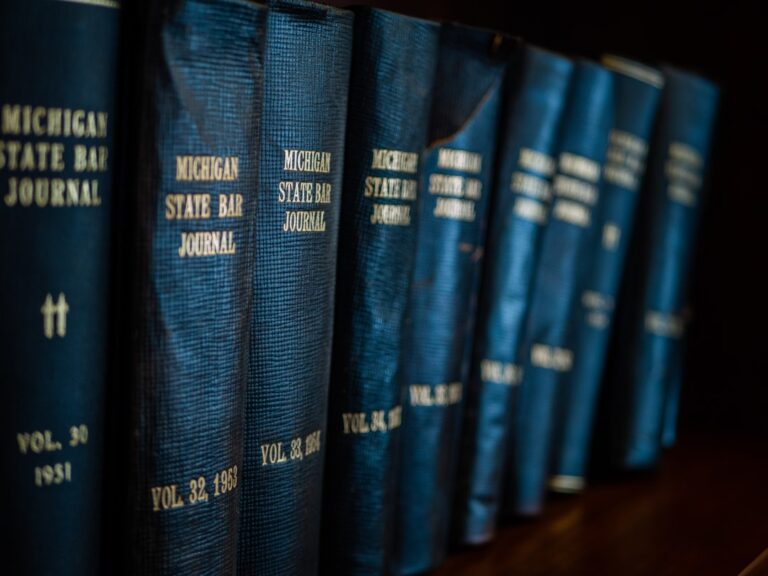
In New York City, rape is defined as sexual penetration without consent, which can include various forms of non-consensual acts. Understanding the city’s rape laws is crucial for both victims and those accused. A rape lawyer in New York will tell you that prosecution must prove four key elements to secure a conviction: (1) force or coercion was used; (2) the defendant had sexual contact with the victim; (3) the victim did not consent; and (4) the act occurred within New York State.
New York City’s legal system has specific procedures for handling rape cases, including strict rules regarding evidence collection and preservation. Victims are encouraged to report incidents immediately to local law enforcement, as prompt action can preserve valuable evidence. A rape lawyer in NYC will guide you through this process, ensuring your rights are protected and that all necessary steps are taken to build a strong case, whether as a victim seeking justice or as an accused fighting false charges.
Role of Medical Evidence in Rape Cases
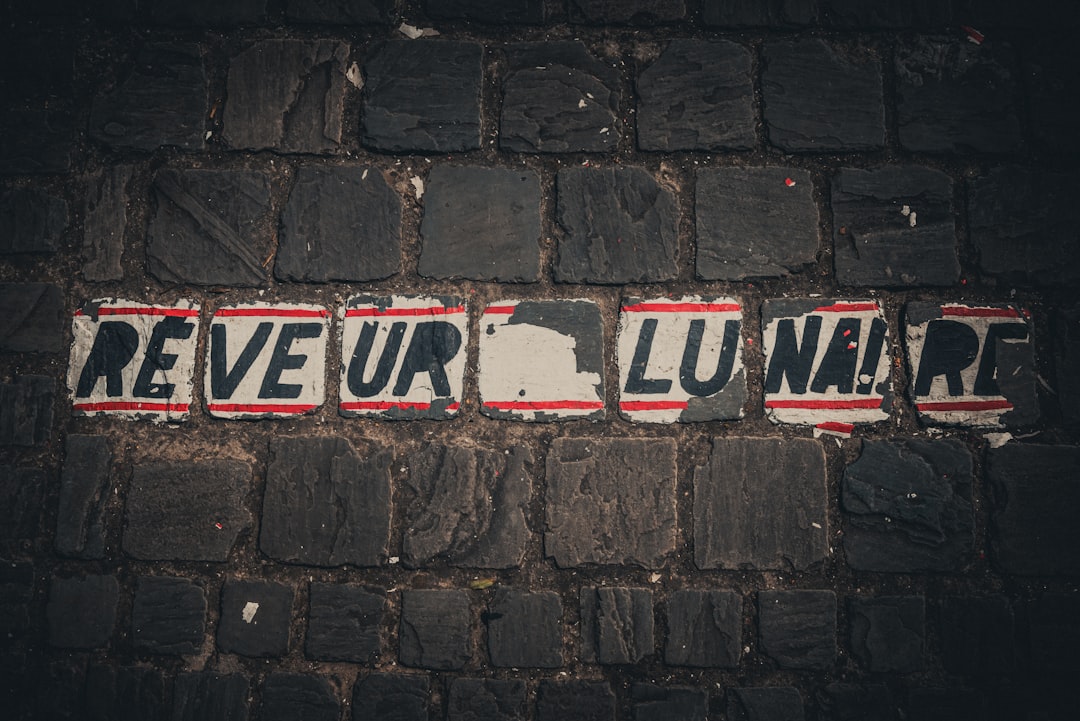
In rape cases, medical evidence plays a pivotal role in shaping the narrative and determining the outcome. For victims seeking justice in New York City, understanding this aspect is crucial when working with a rape lawyer. Medical evidence can provide tangible proof of the crime, including but not limited to, physical examinations, sexual assault kits, and forensic testing results. These tests can uncover vital information such as the presence of bodily fluids, trace evidence, or DNA matching the accused, all of which strengthen the victim’s case.
A rape lawyer in New York City will utilize this medical data to challenge or support their client’s claims. They may question the integrity of the evidence, highlighting potential sources of contamination or handling errors that could compromise its reliability. Moreover, they might also scrutinize the timing and methodology of the collection process, as proper procedures are essential to ensure the admissibility and validity of such evidence in court.
Cross-Examining Witnesses Effectively
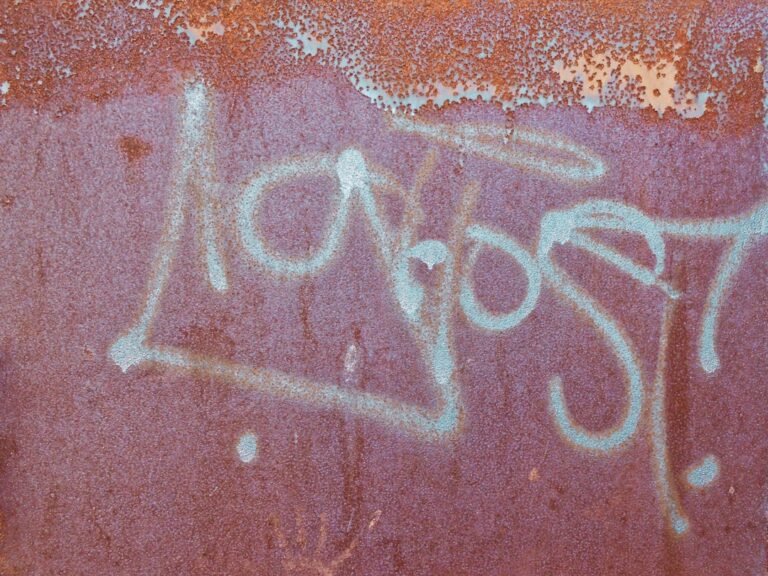
Effective cross-examination is a powerful tool for any rape lawyer in New York City. It involves carefully questioning witnesses to challenge their credibility and the reliability of their testimony. A skilled lawyer will scrutinize every detail, looking for inconsistencies, biases, or gaps in their story. For instance, they might ask about the witness’s ability to clearly see or hear events, the lighting conditions, or any potential distractions during the incident. By doing so, the lawyer can cast doubt on the accuracy of the witness’s recollection and present a more plausible alternative narrative that benefits their client’s defense strategy.
Strategic questioning also includes exploring the witness’s background and personal history to uncover any potential influences or motivations for their testimony. This might involve delving into their relationships with law enforcement, past experiences in court proceedings, or even their own legal status. The goal is to make the jury question the witness’s objectivity and assess whether their testimony is truly reliable. A well-executed cross-examination can significantly impact the outcome of a rape case, potentially swaying the jury’s perception of the evidence presented.
Legal Strategies for Challenging DNA Evidence

In rape cases in New York City, challenging DNA evidence is a complex legal strategy that requires meticulous planning and an understanding of scientific principles. A skilled rape lawyer in New York will scrutinize every aspect of the DNA collection, preservation, and analysis to identify potential sources of contamination or errors. This includes questioning the chain of custody, where the DNA samples were stored, and whether proper protocols were followed from collection to testing.
Legal experts can also challenge the reliability of DNA matching algorithms and the interpretation of results by examining the statistical probability of a match and considering alternative explanations for mixed or ambiguous evidence. Presenting these arguments effectively in court requires specialized knowledge, making it crucial for victims to consult a qualified rape lawyer in New York who can navigate these legal strategies and advocate for their rights.
